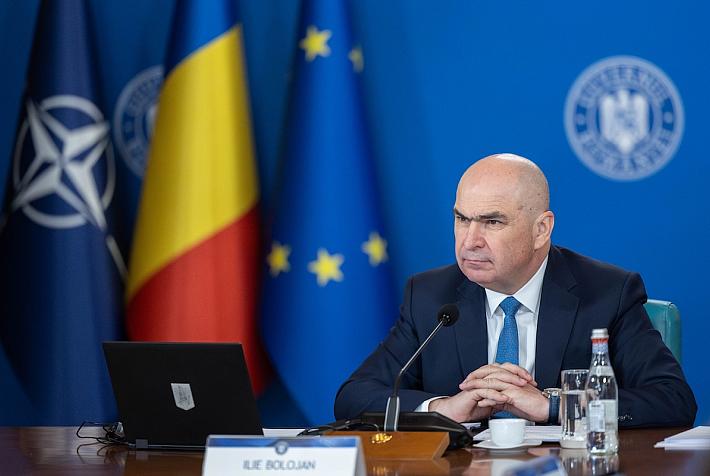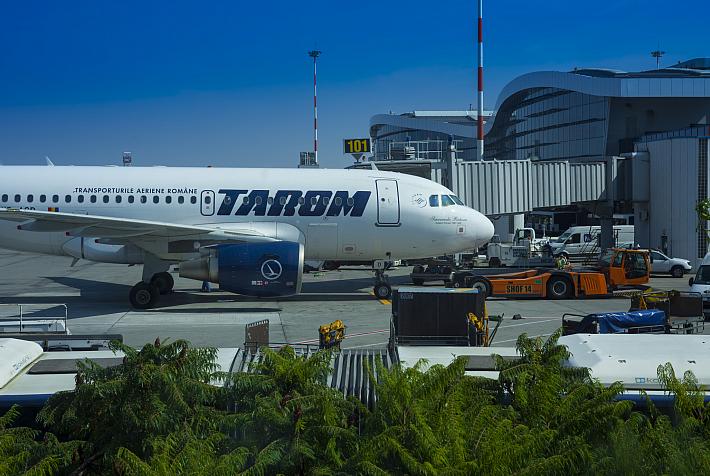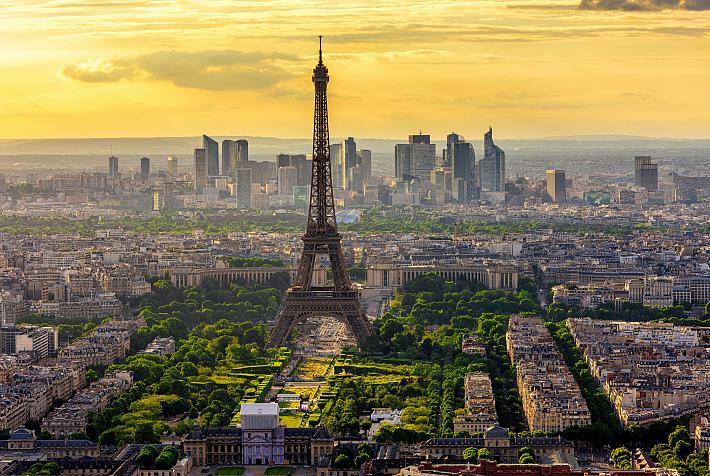Romania from the outside: The new global challenge

Guest writer Leon Schnell proposes that some added perspective will solve most of Romania’s political problems, and a good number of his personal issues as well.
Irony. If the Universe originated with the Big Bang, I think irony is the glue holding it together. You don’t have to look too far to discover it, and if you stop laughing at life you need to slow down – you’re living too fast and missing the humorous detail.
From an immigrant’s point of view, the tag of ‘immigrant’ is just another ironic element of the human condition. We’re constantly encouraged to define ourselves by contrasting what we like to what everybody else does – picking ‘our’ tastes off the Great Big Menu Of All Possible Combinations – and yet by defining ourselves we’re erecting walls between ourselves and others.
We try to sugar-coat these divisions with the concept of ‘pride’ and ‘group identity’, but at what cost? We’re ‘proud’ to come from the country we’re born in, we’re proud of our taste in music, our fashion sense, our architecture, our electronic gadgets, our drugs of choice, our gender and our professions.
My personal philosophy? “I like anything, so long as it’s good.” That applies equally to my tastes in music, food and anything else. A semi-related philosophy: “I’ll try almost anything once”. The worst loss is when people get so wrapped up in their lives and pride about their carefully or not-so-carefully selected choices that they perceive the world only through their frames of reference.
I don’t smoke, but I don’t care if you do. I’m South African, but that doesn’t make me afraid of foreigners. I’m not quite sure what genre of music I like, but it involves electric guitars played really fast and yet not whining ... you might not like it. If your life has closed in so tightly around you that you can’t connect with any of this, I have the perfect cure for you: go find a park, and lie down on your back on the grass. Staring up at the sky, feeling the weight of the world behind you, marveling at the size of the sky and the planets beyond – it resets your internal skepticism.
This is the big danger: decisions of world-changing importance are taken by politicians inside closed buildings, tired after hours of sitting, feeling slightly claustrophobic, unable to connect with the city they’re in, never mind the world.
How would the fear-mongering politicians in the UK debate the immigration issue, if they reached decisions while lying on their backs in a park? Would the Romanian and Bulgarian ‘threat’ still seem as urgent? Or is our fear of others driven by closing ourselves into our small groups, saying the things we think we’re meant to say, and cultivating anger towards others as a balance for the love we feel for people we relate to?
Personally, I’ve found that having a goal of emigrating to Romania has had the same on-back-in-park effect for my perspective. Why would I worry about potholes in the road, or a burger which doesn’t match its photo on the menu, or a brief electricity-failure, or any of the other million things which seem to visibly upset so many people around me? It’s not that these things don’t matter ... it’s just that they relatively matter very little.
Anger, fear, jealousy ... they’re all primal emotions, with as much primitive power as strong hunger pangs or feeling short of breath. Don’t be fooled by people who advocate division or preach anger – whether in your work place, your city or your national government.
I’m not saying we should all tune into the Universal perspective, where even the most intense human event is worthy of only a blip of emotion. However, I do think that having a global perspective would be healthy for many people, especially politicians and leaders, allowing for decisions to be made with the necessary unbiased circumspection.
In the old days, people would be killed on the grounds of their religious beliefs, or oppressed on the grounds of their race and gender. Although we’re still struggling with the specters of racism, misogyny and religious intolerance, at least most Westernized nations recognize that these are wrong.
Why then do we hold onto the old-fashioned concept of nations? At least partly because citizens are not empowered as individuals to tear down the system. The people who are empowered – politicians – are a part of the system, and therefore cannot work against it. It’s a lot like Capitalism: both systems are flawed, but they’re so ancient and entrenched that nobody knows how to successfully try new alternatives on a national scale.
I don’t think it’s going to be easy for a second. The obvious risks of an unmitigated global spread of crime, sickness and unskilled immigrants is serious, never mind the potential loss of national heritage which has been built up over centuries. However, it’s like being married in an abusive relationship: it’s going to be hard to get out of it, yet if you’re honest with yourself you know you have to.
Or let me rephrase: we have to. This isn’t a South African problem, or a Romanian problem. It’s a global problem, a problem facing humanity – and this isn’t a movie, and Bruce Willis isn’t going to blow something up just before the credits roll on a happy ending. If you think that there are smarter people than you out there thinking about it, you’re probably wrong: politicians are just employees like the rest of us, and this is the new shared problem for our time.
I can dream, though. I can read science fiction, where inter-planetary travel puts national borders on a second tier below global borders – and that’s all thanks to perspective. I think we need to start this discussion earnestly, not just in the academic realm but across the public space: how do we break down the last barriers between people, and work together to find solutions – for EVERYTHING! – instead of engaging in fear-mongering or building higher walls between ourselves and everybody else?
This is my contribution towards that debate. What is yours?












